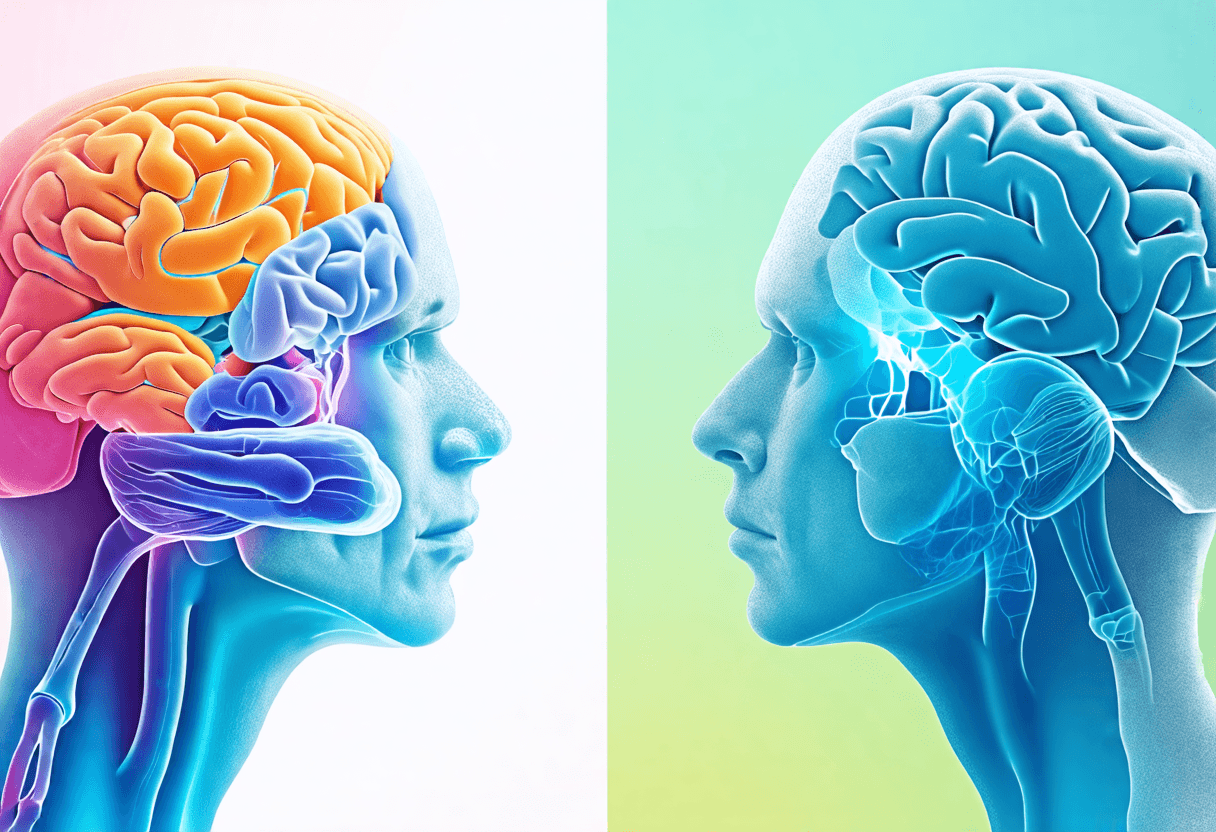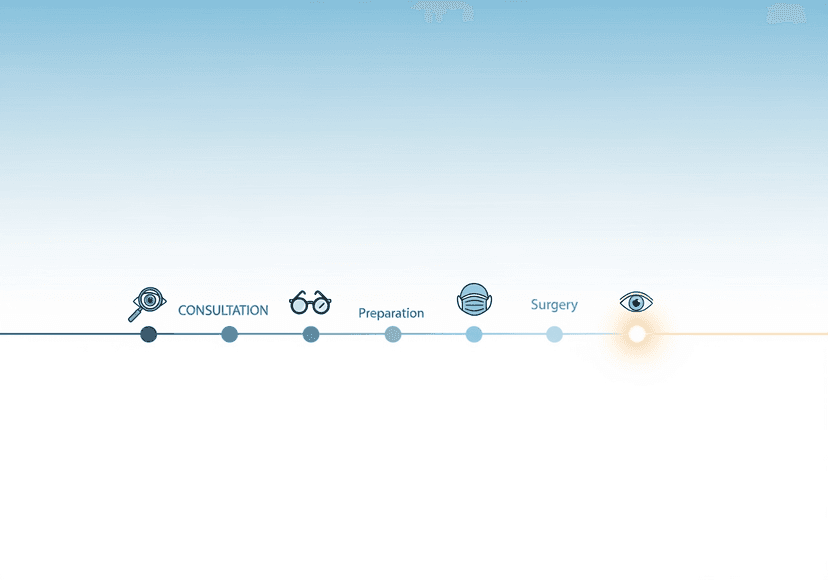
Understanding Sarcoma Cancer Causes
16 Dec, 2024
 Healthtrip
HealthtripWhen we think of cancer, we often think of the more common types like breast, lung, or colon cancer. But there's another type of cancer that's often overlooked, yet just as deadly: sarcoma cancer. It's a rare and aggressive form of cancer that affects the connective tissue in our bodies, and its causes are still not fully understood. At Healthtrip, we believe that education is key to fighting this disease, and that's why we're shedding light on the mysterious world of sarcoma cancer causes.
What is Sarcoma Cancer?
Sarcoma cancer is a type of cancer that develops in the connective tissue of our bodies, which includes bone, cartilage, fat, muscle, nerve, and blood vessels. It can occur in any part of the body, but it's most common in the arms, legs, and torso. There are over 50 subtypes of sarcoma, each with its own unique characteristics and behaviors. Some of the most common types of sarcoma include osteosarcoma (bone cancer), chondrosarcoma (cartilage cancer), and leiomyosarcoma (smooth muscle cancer). Despite its rarity, sarcoma cancer accounts for about 1% of all adult cancer diagnoses and 15% of all childhood cancer diagnoses.
Most popular procedures in India
The Genetic Link
Research has shown that genetic mutations play a significant role in the development of sarcoma cancer. Some people are born with genetic mutations that increase their risk of developing sarcoma, while others may acquire mutations throughout their lifetime. For example, people with certain genetic syndromes like neurofibromatosis type 1 or familial adenomatous polyposis are more likely to develop sarcoma. Additionally, people who have a family history of sarcoma or other types of cancer may also be at increased risk.
Wellness Treatments
Give yourself the time to relax
Lowest Prices Guaranteed!

Lowest Prices Guaranteed!
Environmental Factors
While genetics play a significant role in sarcoma cancer, environmental factors also contribute to its development. Exposure to certain chemicals like vinyl chloride, dioxins, and pesticides has been linked to an increased risk of sarcoma. Radiation therapy, which is often used to treat other types of cancer, can also increase the risk of developing sarcoma. In addition, people who have had previous radiation therapy or chemotherapy may be at higher risk of developing sarcoma.
Viral Infections
Some viral infections, such as human herpesvirus 8 (HHV8) and Epstein-Barr virus (EBV), have been linked to the development of certain types of sarcoma. HHV8, for example, is associated with Kaposi's sarcoma, a type of sarcoma that affects the skin and soft tissues. EBV, on the other hand, has been linked to the development of leiomyosarcoma.
The Role of Lifestyle Factors
While lifestyle factors are not a direct cause of sarcoma cancer, they can increase the risk of developing the disease. For example, people who are overweight or obese may be at higher risk of developing certain types of sarcoma. Additionally, people who have a history of injury or trauma to a specific area of the body may be at higher risk of developing sarcoma in that area. Finally, people who have a weakened immune system, such as those with HIV/AIDS or taking immunosuppressive medications, may be at higher risk of developing sarcoma.
Early Detection and Treatment
Early detection and treatment are critical in the fight against sarcoma cancer. Unfortunately, sarcoma often doesn't cause symptoms in its early stages, making it difficult to diagnose. However, people who experience symptoms like pain, swelling, or a lump in the affected area should seek medical attention immediately. At Healthtrip, we specialize in connecting patients with top-rated hospitals and medical professionals who can provide accurate diagnoses and effective treatment plans. With the right treatment, many people with sarcoma cancer can achieve remission and live long, healthy lives.
Conclusion
Sarcoma cancer is a complex and mysterious disease, and its causes are still not fully understood. However, by understanding the genetic, environmental, and lifestyle factors that contribute to its development, we can take steps to reduce our risk and seek early treatment if symptoms arise. At Healthtrip, we're committed to providing patients with the resources and support they need to navigate the complex world of cancer treatment. Whether you're a patient, caregiver, or simply someone who wants to learn more about sarcoma cancer, we're here to help.
Related Blogs

Do's and Don'ts During Recovery After Eye Surgery's Healthtrip Tips
Learn about patient stories, wellness destinations, language support, and post-treatment

Timeline: What Your Eye Surgery Journey Looks Like with Healthtrip
Learn about patient stories, wellness destinations, language support, and post-treatment

Luxury Wellness Resorts After Eye Surgery in India's Healthtrip Picks
Learn about patient stories, wellness destinations, language support, and post-treatment

Meet the Doctor: Leading Eye Surgery Experts on Healthtrip's Panel
Learn about patient stories, wellness destinations, language support, and post-treatment

How Healthtrip Bridges Language Gaps for Eye Surgery Patients
Learn about patient stories, wellness destinations, language support, and post-treatment

Affordable + Safe: What Makes Healthtrip Unique for Eye Surgery Travel
Learn about patient stories, wellness destinations, language support, and post-treatment










